Palliative care for dementia
Every year the number of elderly people in the world is growing. At the same time, the prevalence of age-related diseases is increasing, among which dementia occupies a leading place. The pathology is characterized by a decrease in cognitive functions, which radically changes the life of both the patient and his loved ones. When the disease progresses, and standard treatment does not help, palliative care for dementia comes to the fore. Below we will tell you what dementia is, what types of therapy exist, where it is better to undergo palliative treatment - at home or in an institution.

specialists

equipment

treatment
How palliative care is carried out

Palliative care for dementia involves a range of measures aimed at maintaining comfort, alleviating symptoms and improving quality of life. It includes 4 main aspects:
- Medical
- Psychological
- Social
- Spiritual
Doctors, nurses, psychologists, social workers and priests are involved in providing care. They assess the patient's needs, develop an individual care plan, discuss possible scenarios for the development of the disease with loved ones, and help make difficult decisions.
Types of therapy for dementia
To strengthen health and prevent exhaustion of the body, the patient needs to eat well. The diet should include foods containing sufficient amounts of proteins, vitamins, omega-3 fatty acids, and fiber.
Important! Since one of the factors in the development of dementia is atherosclerosis, it is important to reduce the consumption of animal fats, salt, sugar, and fast carbohydrates.

The following treatment methods are used within the framework of palliative care:
-
Psychological support
Working with a psychologist allows both the patient and his relatives to get rid of emotional stress. If a person's life still retains elements of awareness, cognitive stimulation methods are used (solving crosswords and puzzles, learning new skills, games, playing sports)
-
Drug therapy
To eliminate pain, anxiety, shortness of breath, insomnia, the doctor prescribes analgesics, sedatives, antidepressants, neuroleptics
-
Art therapy and music therapy
Support residual cognitive functions, evoke positive emotions, improve overall condition
-
Sensory stimulation
The impact of tactile, visual and auditory stimuli allows the patient to feel connected to the outside world, reduces anxiety
-
Social support
Qualified specialists provide assistance in solving everyday issues and coordinate care
-
Speech therapy
Conducted to correct speech disorders

Where is it better to receive palliative care: at home or in an institution?
Palliative care at home allows the patient to be in a familiar environment, close to loved ones. This promotes emotional comfort, but requires the participation of social workers and a great deal of family involvement. To organize the process, home care services or a hospice at home are involved.
Inpatient care provides round-the-clock monitoring, regular treatment, and professional care. This format is suitable for severe stages of the disease, when help is needed constantly, and relatives cannot fully organize it.

How to get palliative care
To receive palliative care, you need to contact a therapist, neurologist or psychiatrist. If the patient's condition meets the criteria for palliative care, the doctor will refer him for a consultation with a palliative care specialist. Then you need to undergo a medical commission, on the basis of which a treatment plan will be developed.
The K+31 clinic inpatient department provides comprehensive palliative care to patients with dementia. We employ the best specialists who reduce the symptoms of the disease with the help of modern, safe and proven drugs. We provide professional patient care, round-the-clock monitoring and support at all stages of the disease.
“If cognitive impairment is detected at an early stage, there is a chance to delay the development of dementia. The patient will remain active and able to take care of himself for a long time. Immunodeficiency and a sedentary lifestyle increase the risk of developing infections. Staying in one position for a long time leads to the formation of bedsores. Palliative care allows you to maintain the patient's physical and mental well-being, adapt to changes in life, and slow down the progression of the disease,” says Anastasia Olegovna Korotkevich, a general practitioner at the K+31 clinic.

What documents are required
To receive palliative care, you must provide the following documents:
- Passport of the patient and his legal representative (if any)
- Compulsory Medical Insurance Policy
- SNILS
- An extract from the medical record indicating the diagnosis and current condition
- Conclusion of the medical commission on the need for palliative care
- Statement of consent to provide assistance
When hospitalized, additional certificates may be required, for example, on the absence of infectious diseases.
Palliative care cost
The cost depends on the type of care (at home or in an institution) and the patient's needs. You can see the price list on the K+31 clinic website. If you have any questions, please contact us by phone. We will promptly call you back and provide advice.
Our doctors

This award is given to clinics with the highest ratings according to user ratings, a large number of requests from this site, and in the absence of critical violations.

This award is given to clinics with the highest ratings according to user ratings. It means that the place is known, loved, and definitely worth visiting.

The ProDoctors portal collected 500 thousand reviews, compiled a rating of doctors based on them and awarded the best. We are proud that our doctors are among those awarded.
Make an appointment at a convenient time on the nearest date
Other services







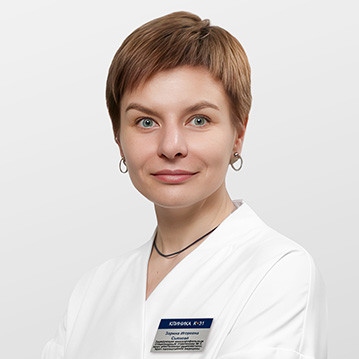
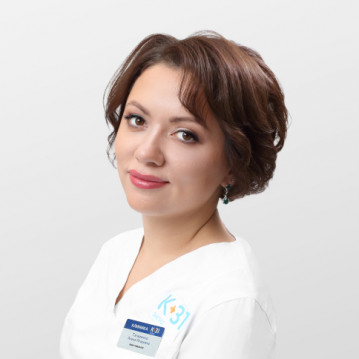

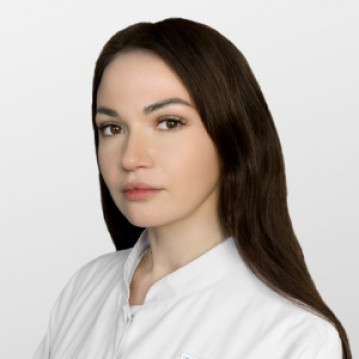
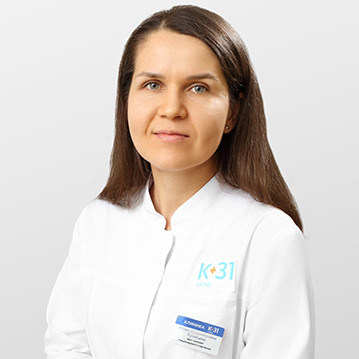















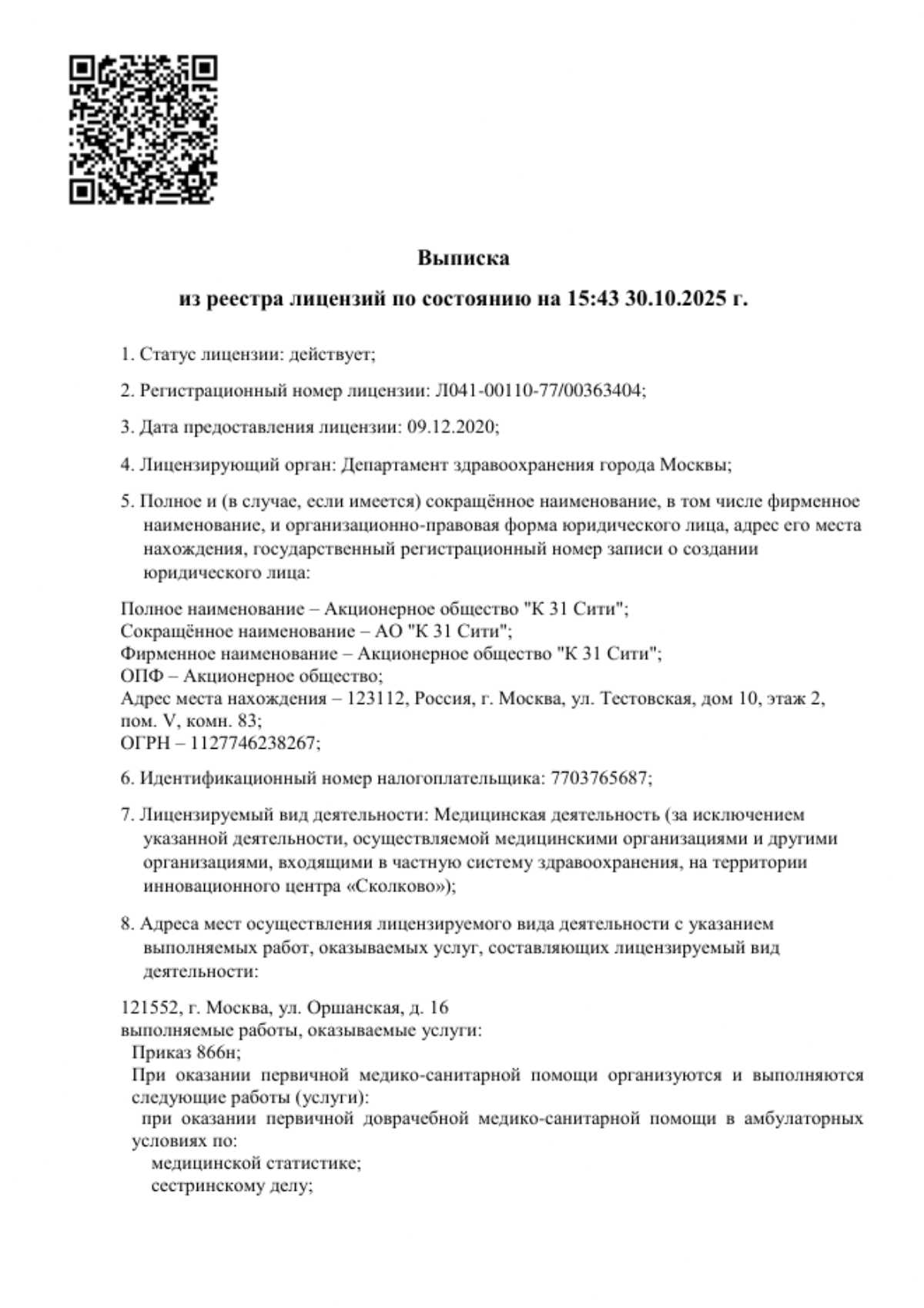
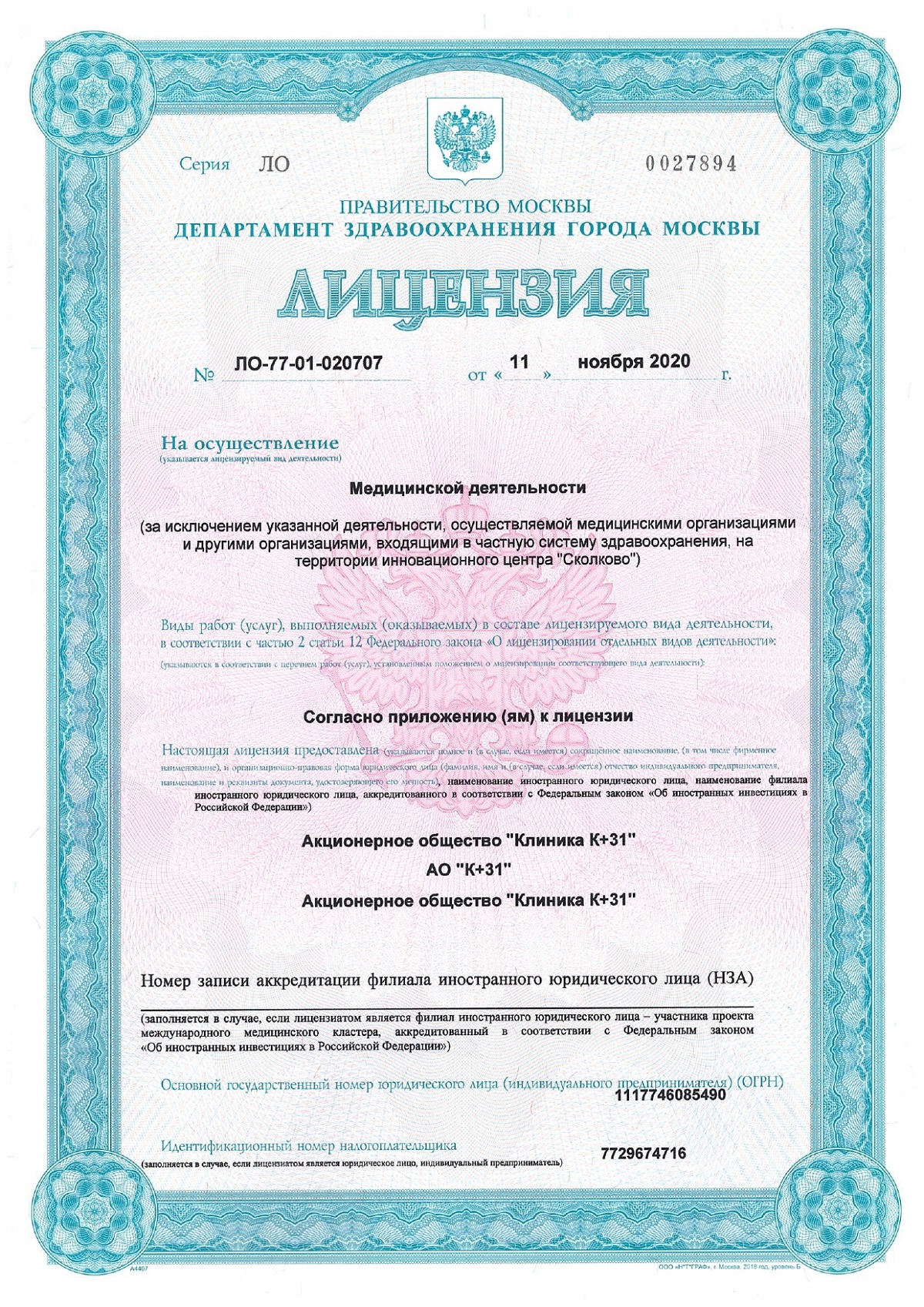
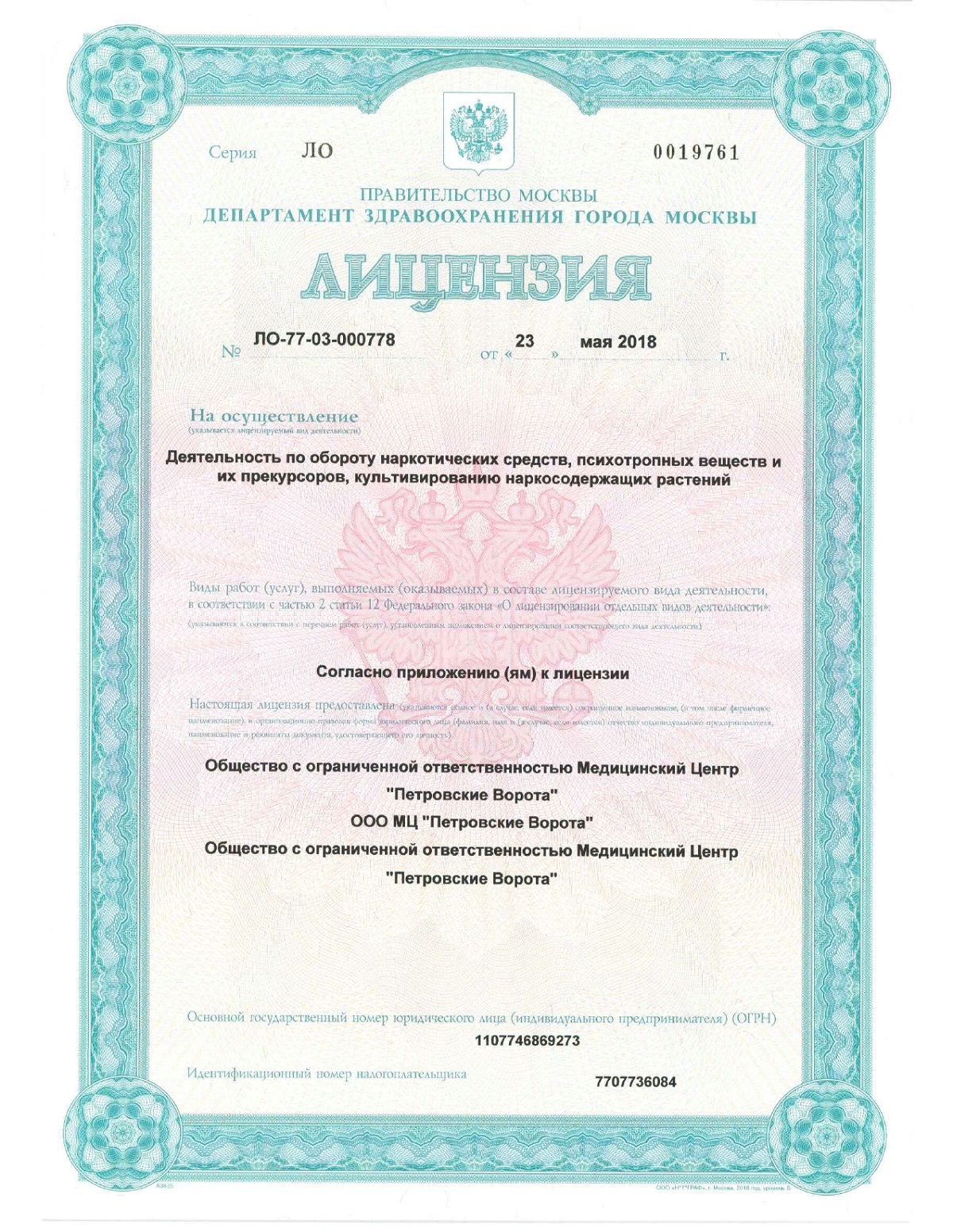
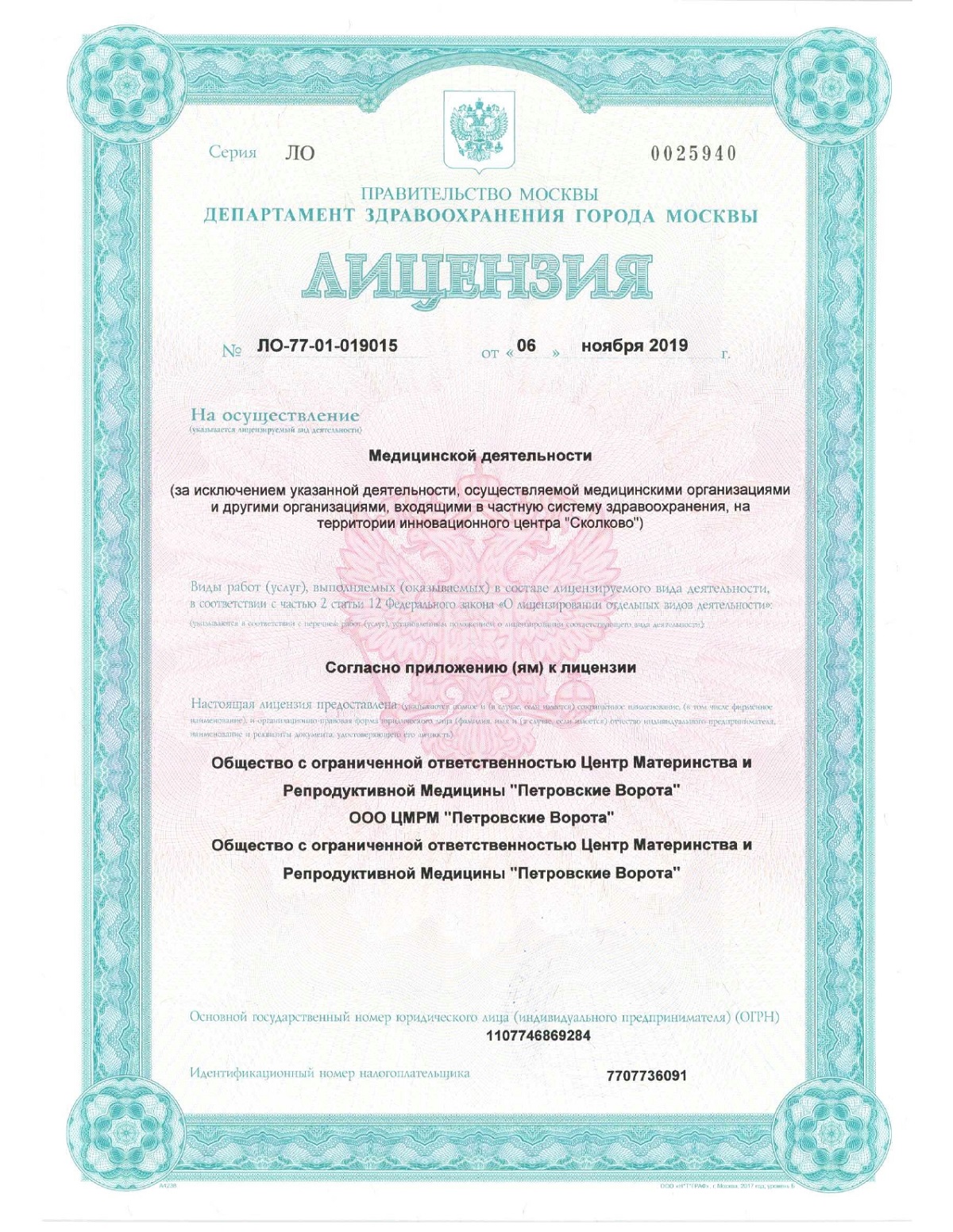




What is dementia
Dementia is an acquired feeblemindedness caused by organic damage to the brain. At the initial stage of the disease, a person loses the ability to think abstractly, it becomes difficult for him to remember new information and navigate in an unfamiliar place. Over time, he becomes withdrawn, less likely to observe hygiene, and loses interest in hobbies. The progression of the disease causes a loss of the ability to self-care. In severe cases, personality disintegration occurs.